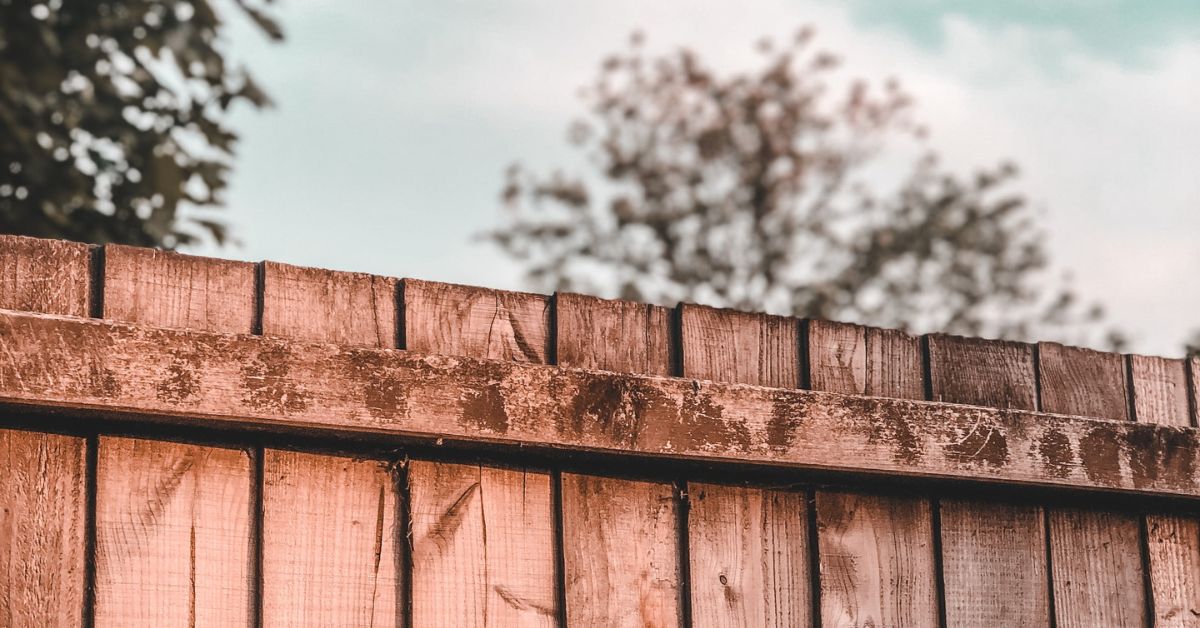Fence Laws in Chicago: A Guide
The laws and codes regarding fences in Chicago are essential to understand before installing a fence on your property. It is crucial to follow these guidelines to avoid potential legal issues and ensure the safety and aesthetics of your fence.
One of the
best fence organizations in Chicago, IL, can provide you with the necessary information and help you navigate the regulations. They offer reliable services for
commercial fence installation in Chicago, Illinois, as well as wood fence installation in Chicago. If you’re unsure about the fence laws, it’s recommended to visit them in Chicago or contact them through their website.
Fence Height Restrictions
In Chicago, the height of a fence is restricted depending on the area of the property. In general, fences in the front yard cannot exceed 4 feet, while those in the side or backyard can be up to 6 feet tall. However, if you have a corner lot, additional restrictions may apply. Keeping within these height limitations is crucial to avoid fines or having to remove and rebuild your fence.
Fence Materials and Appearance
The materials used for fences in Chicago must be durable and aesthetically pleasing. Chain-link fences, for example, are generally not permitted in residential areas. Instead, materials like wood or ornamental metal are preferred. Additionally, it’s important to maintain the appearance of your fence by keeping it in a good condition, free from any signs of deterioration or damage.
Fence Placement and Setbacks
When installing a fence in Chicago, it’s important to ensure it is placed within the boundaries of your property. The fence must not encroach on neighboring properties or city property. It’s also necessary to consider any required setbacks, which vary depending on the zoning district. Adhering to these guidelines prevents potential disputes with neighbors and avoids the need to make costly adjustments to your fence.
Fence Permits and Inspections
In most cases, a permit is required before installing a fence in Chicago. The permit ensures that the fence is installed correctly and meets the necessary regulations. Once the fence is installed, it may also be subject to inspection to ensure compliance with the codes and laws. Failure to obtain a permit or pass an inspection can result in penalties or the requirement to remove the fence.
Conclusion
Understanding the fence laws in Chicago is vital to ensure your fence is compliant and avoids potential legal issues. Seeking guidance from the best fence organization in Chicago, IL, is recommended. They can provide expert advice on commercial fence installation in Chicago, Illinois, as well as
wood fence installation in Chicago. Visit them in Chicago or contact them through their website for more information.



